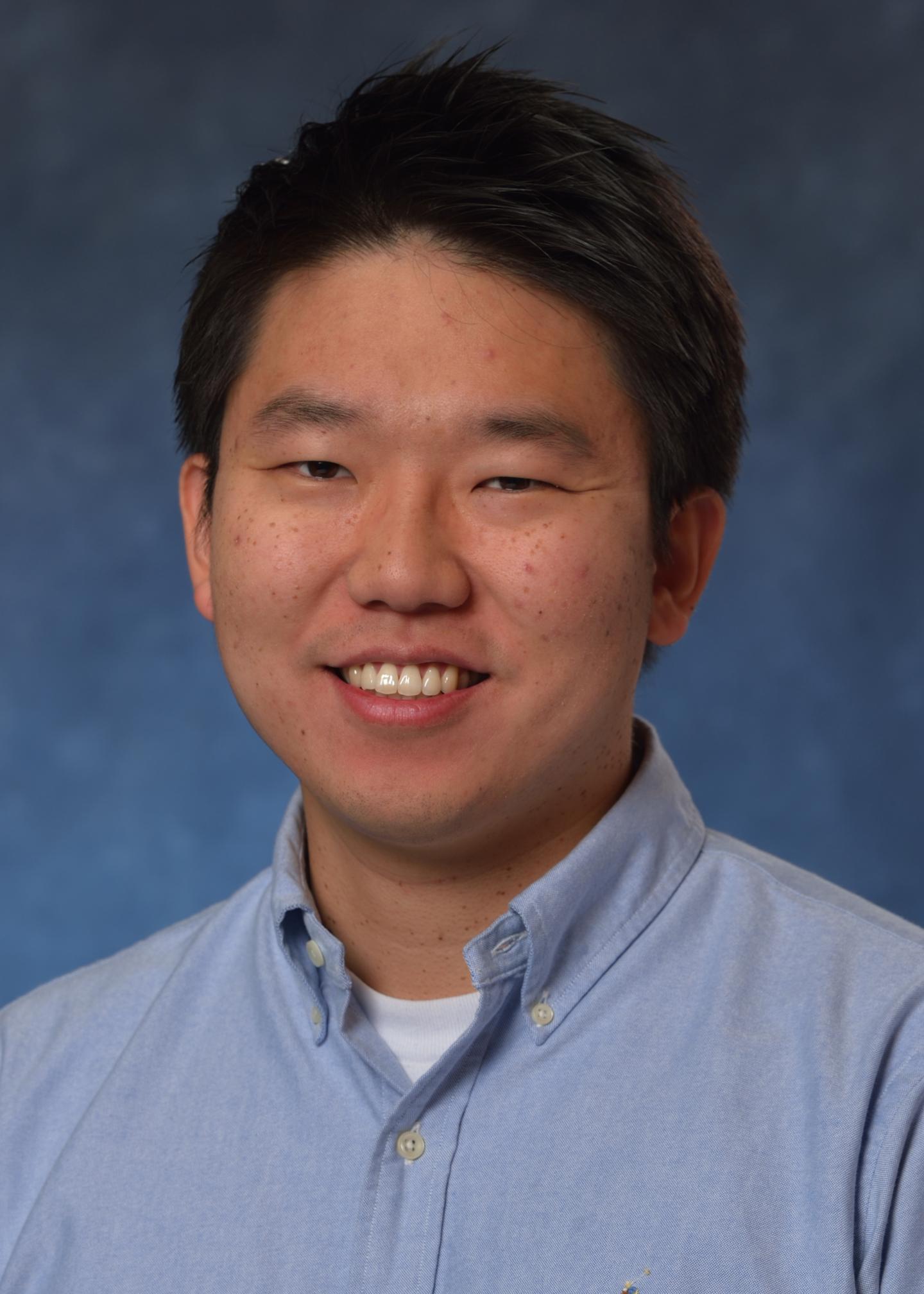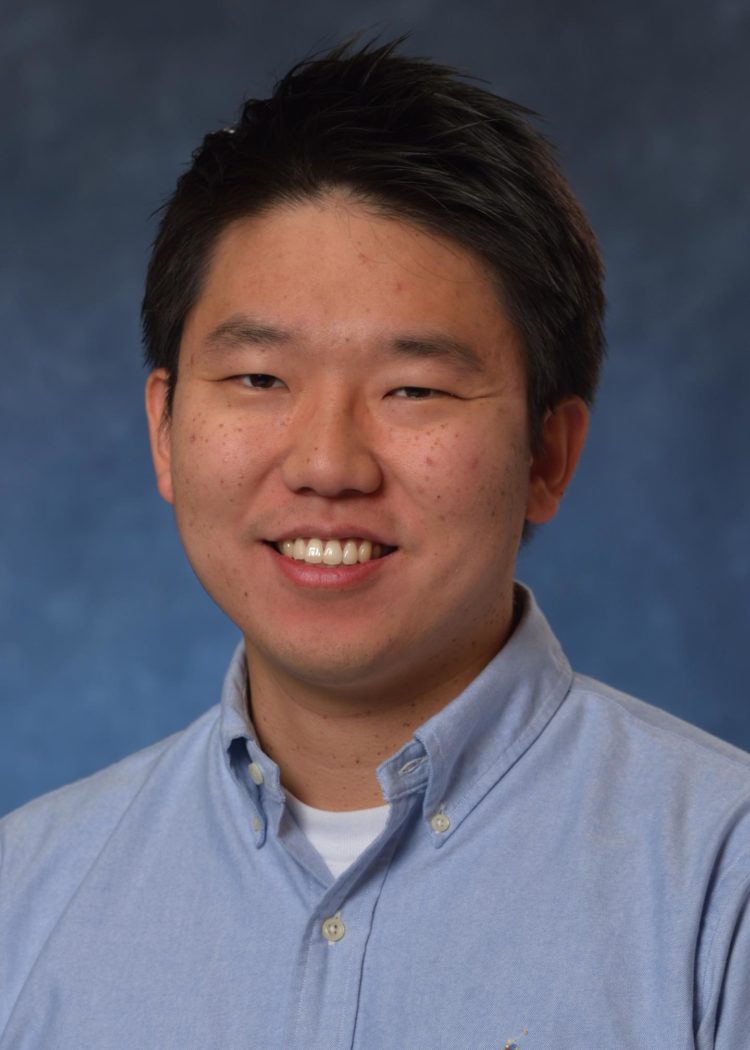Lee will use machine learning to improve energy performance of semiconductors and insulators

Credit: University of Pittsburgh Swanson School of Engineering
PITTSBURGH (Dec. 4, 2019) — Developing materials with ultrahigh or ultralow thermal conductivity along a certain direction can enable new energy storage and conversion devices. However, grain boundaries – two-dimensional defects in crystal structures – exist in polycrystalline material and significantly affect thermal transport. Addressing the defects is currently not efficient – observing and experimenting with grain boundaries when creating materials can prove to be a lengthy and costly process. However, machine learning may provide a more sustainable alternative.
Sangyeop Lee, PhD, assistant professor of mechanical engineering and materials science, received a $500,000 CAREER Award from the National Science Foundation (NSF) for research that would utilize machine learning to model thermal transport in polycrystalline materials. The research seeks to create a computer model that can predict the conductive properties of a material in real life, providing guidance to engineer defects for desired thermal properties.
“Thermal transport across grain boundaries is not well understood. Studying heat as it transfers across a material at the atomistic scale means observing how atoms vibrate,” explains Lee. “In real materials, atoms are disordered and it has been extremely challenging to predict how atoms vibrate in disordered structures from first-principles. However, machine learning can help us gain a quantitative understanding of thermal transport that can help us predict how a material will behave.”
The improved understanding of thermal transfer across grain boundaries will enable engineers to create materials that convert heat to electricity more efficiently, for example, or better manage heat in electronic devices.
The project, titled “Machine Learning Enabled Study of Thermal Transport in Polycrystalline Materials from First Principles,” will begin on July 1, 2020.
###
Media Contact
Maggie Pavlick
[email protected]
412-383-0449
Original Source
https:/





